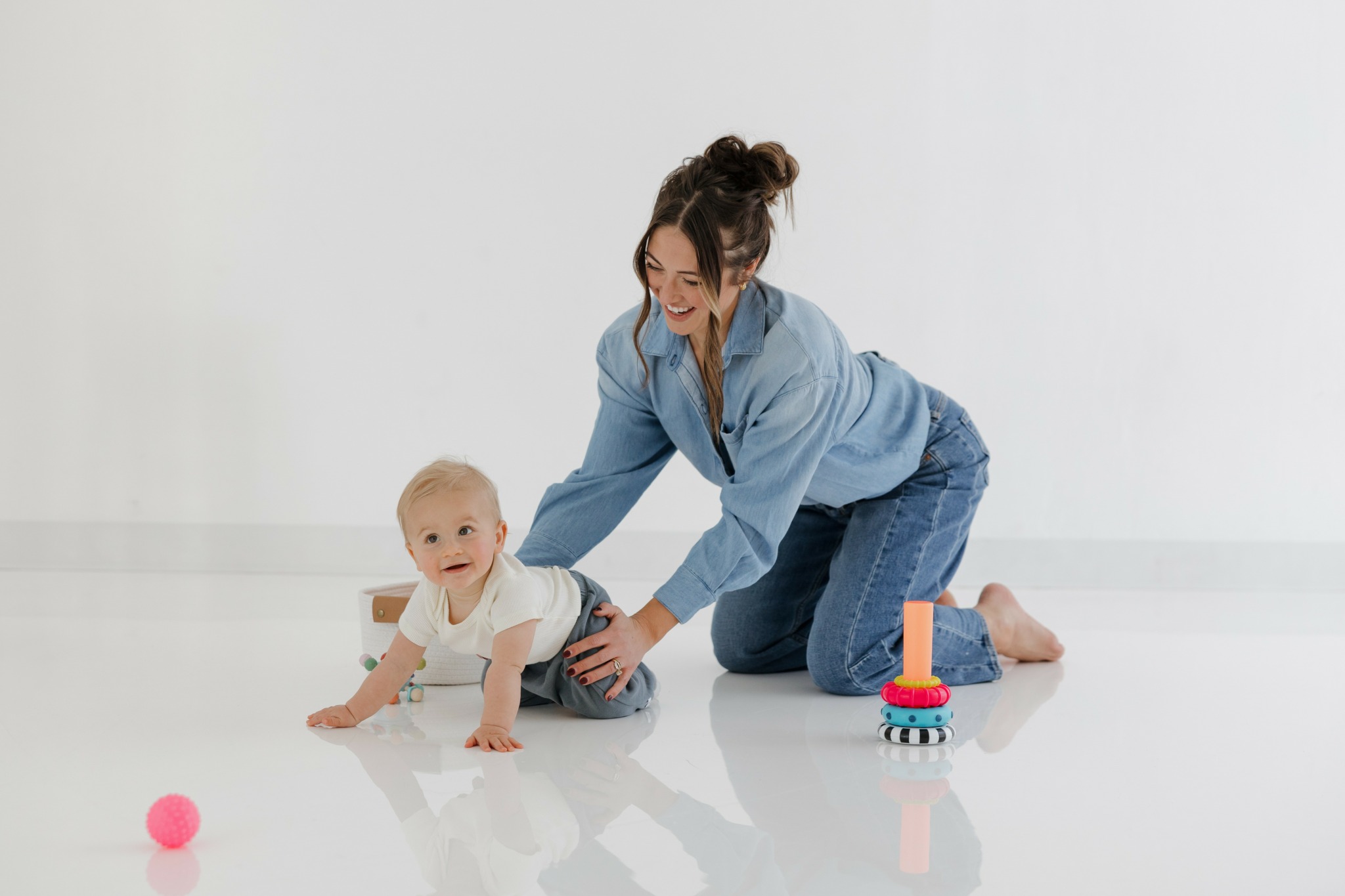We’re excited to introduce you to the always interesting and insightful Dr. Lindsey Sandys. We hope you’ll enjoy our conversation with Dr. Lindsey below.
Alright, Dr. Lindsey thanks for taking the time to share your stories and insights with us today. Was there a moment in your career that meaningfully altered your trajectory? If so, we’d love to hear the backstory.
A defining moment in my professional career came when I was pursuing my path to becoming a nurse and took a class titled “Care for Kids with Special Needs.” I had no prior exposure to this world and, at the time, had no idea how profound an impact this class would have on me. As part of the course, I was paired with a young girl named Tori, who has Down syndrome. We spent the day together playing soccer, practicing yoga, and sharing our favorite snacks. In the 5 hours we spent together, Tori taught me valuable lessons about the need for individuals with disabilities—both visible and invisible—to have a voice in a world that often caters to a “neurotypical” mindset.
That day, I realized that my career wouldn’t just be about helping people—it would be about advocating for the inclusion and support of those who are often overlooked. I also began to see the limitations of the one-size-fits-all approach to care and how society’s structures fail to accommodate and “see” the most brilliant, diverse minds.
This experience shifted my perspective and set me on a path toward pediatric occupational therapy, a field focused on supporting childhood development and participation in meaningful day-to-day activities. This field was relatively new when I went to school, not many people were aware of it. I’ve been happy to see that in recent years, occupational therapy has been a pioneer in neurodiversity-affirming care, focusing not on “fixing” individuals – which is often the prevailing school of thought in medicine – but on creating treatment plans that honor the person’s unique needs and experiences. I was drawn to this paradigm shift from the very beginning, and it continues to be the foundation of my professional journey. Through my work, I hope to share this perspective with others, championing a more inclusive, compassionate approach to care.
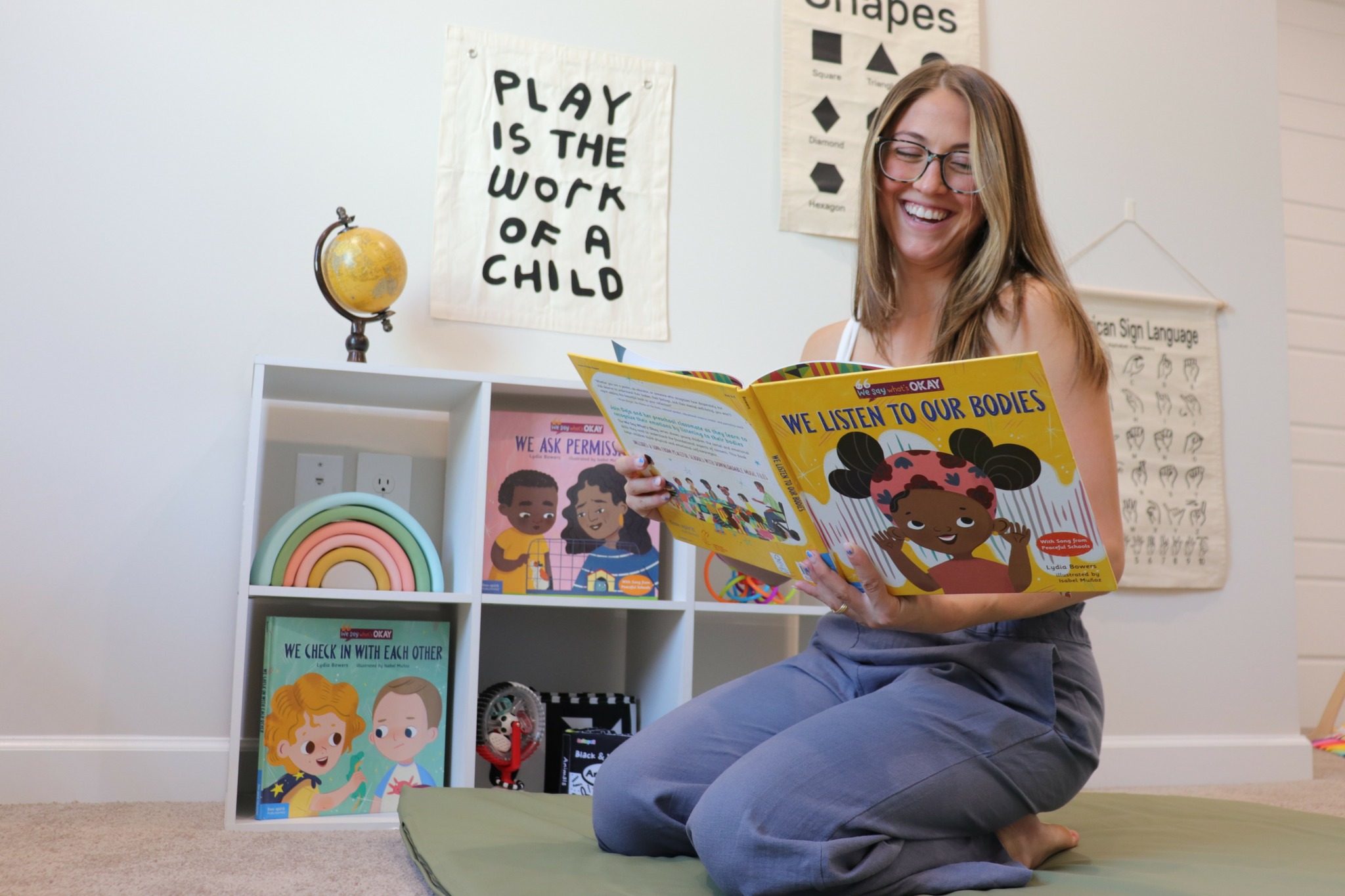
Dr. Lindsey , love having you share your insights with us. Before we ask you more questions, maybe you can take a moment to introduce yourself to our readers who might have missed our earlier conversations?
I’ve always been drawn to the idea of creating a business that serves as a positive force in the community. When I became a first-time mom in early 2024, I started to experience first-hand how scary the internet can be for parents. There’s so much information online – much of which is coming from non-medical professionals – that constantly makes you feel like you’re doing a bad job. I felt drawn to be a resource for parents to get compassionate and clear, research-backed information. That was the start of my private practice called Koa Pediatric Therapy – a name that takes inspiration from the Hawaiian word “koa,” which represents strength and sturdiness. The children I serve our my little “warriors”.
I’m currently treating kids in-person in Scottsdale, Arizona, at a clinic space and in-home, and I also provide virtual consultations for anyone not within driving distance. My clients have a wide array of needs from babies with torticollis, “flat head syndrome” or developmental delays to autism, handwriting concerns, and picky eating. It’s important for me to treat each and every kid differently and find the “just right” challenges that are going to be both fun and motivational. I also am a huge proponent of caretaker education – something many healthcare providers overlook. I can only be with the child for an hour or two a week, so if we are going to make progress toward our goals, it’s going to require the caretakers and other influential people in a child’s life to be on the same page.
As with any new business, there’s a learning curve. I think what I’ve done well is that I’ve tried to manage the risks of starting a business by starting small and letting the business dictate when to expand. I started off working fully in-home so that I didn’t have to take on the overhead of an office space. I also focused a lot of my time on networking and getting my name out in the community. Only once I had a caseload that warranted it did I get an office space, and it’s only as much space as I need. I have some big plans for the future, but I’m being patient and making sure that there’s a clear business need and “return on investment” for every big cost that I’m taking on at this stage.
The last thing I’d say is that if you’re someone who is feeling called to start something, you absolutely should, even if it means starting off as a side hustle until you’re comfortable going “all in.” The jump is definitely the scariest part, but if you believe in your skills and vision, the right clients will find you. My business has forced me to flex a whole new set of muscles, which can be scary and difficult, but it’s incredibly rewarding to know that I’m fully responsible for the impact that I’m having on the kids and families that I work with, and that’s a worthwhile trade-off.
So, to any young professional considering starting their own practice: trust yourself, be patient, and don’t let fear hold you back. Starting small, learning as you go, and being intentional with your growth will help you build a solid foundation.
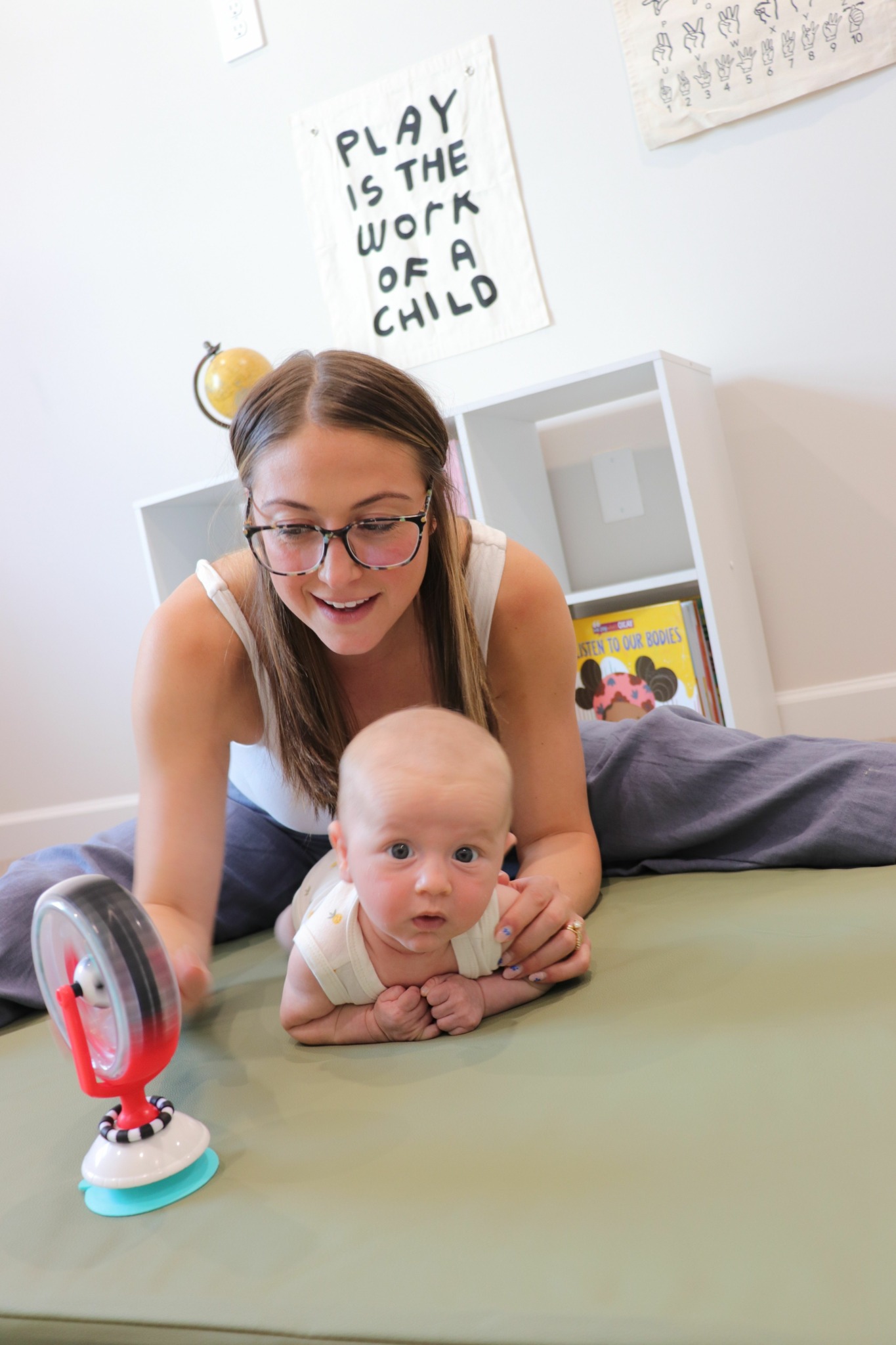
Other than training/knowledge, what do you think is most helpful for succeeding in your field?
The best advice I ever gave to a client actually came from one of my youngest patients. You heard that correct, the best advice was one they taught me, not the other way around – and it taught me more than any textbook or research ever could. After completing my doctorate, I was loaded with theories and intervention strategies for working with kids, but nothing could fully prepare me for working with children under five (if you know, you know). My first treatment session was meticulously planned, with a well-organized obstacle course to address gross motor skills, fine motor activities for handwriting, and even some work on dressing. In my mind, it was the perfect OT session. But within five minutes, my plan was completely derailed. Why? Because my three-year-old client had decided to crawl under a table and throw ball pit balls at me…for almost the whole hour.
At that moment, my carefully structured approach was not only unhelpful—it was irrelevant. But what did work was being playful, patient, and most importantly, thinking like a 3-year-old. That one hour taught me more about myself as a therapist than my three years of graduate school combined. It made me realize that the most effective approach isn’t always about following a rigid plan or theory; it’s about being present, putting yourself in the child’s shoes, and embracing the spontaneity and joy that come with play. When I let go of my ego and allowed myself to engage with the child on their level, the results were far more impactful. The lesson I learned that day—be present, play, and think like a kid—has shaped how I approach every session with young children and has been crucial in helping my clients make meaningful progress toward their goals.
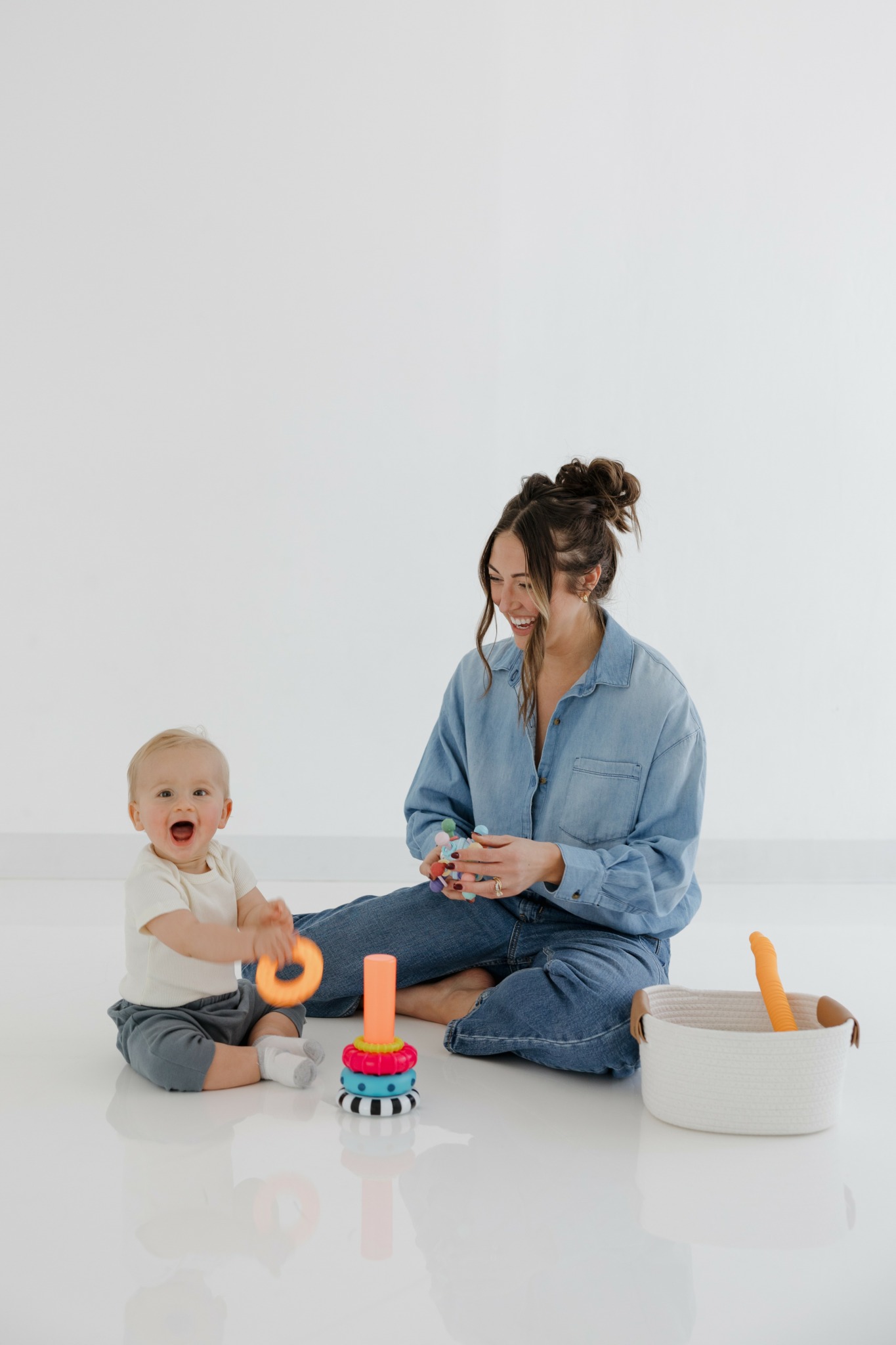
What’s a lesson you had to unlearn and what’s the backstory?
A major lesson I had to unlearn was the idea that I had to be perfect before starting anything. I’m naturally a type A person, so I tend to want everything organized, with all the information and a clear plan in place before making any move. When I started my business, I realized that waiting for perfection was holding me back. Once I accepted that taking risks and learning as I go was more important than having everything figured out, I felt a deeper connection to my work, my clients, and my goals. Letting go of perfectionism has been one of the greatest blessings in my journey.
Contact Info:
- Website: https://koapediatrictherapy.com
- Instagram: @koapediatrictherapy
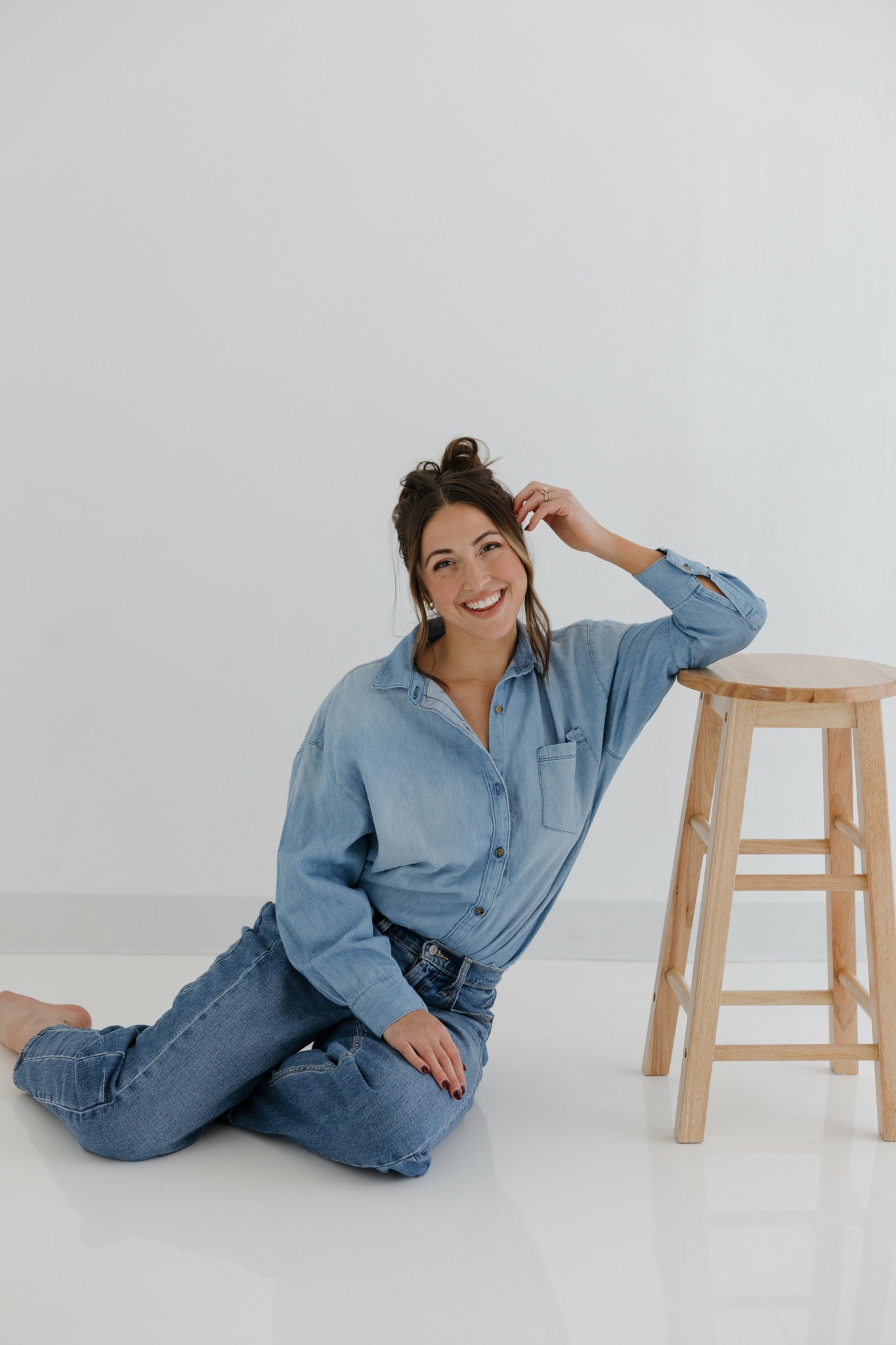

Image Credits
Photographer: Christine Bertacini – crbcreativephotos


